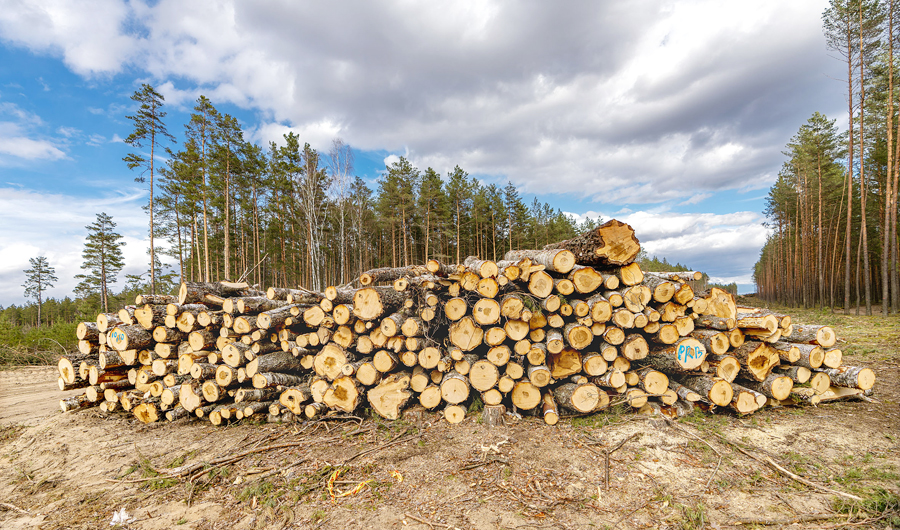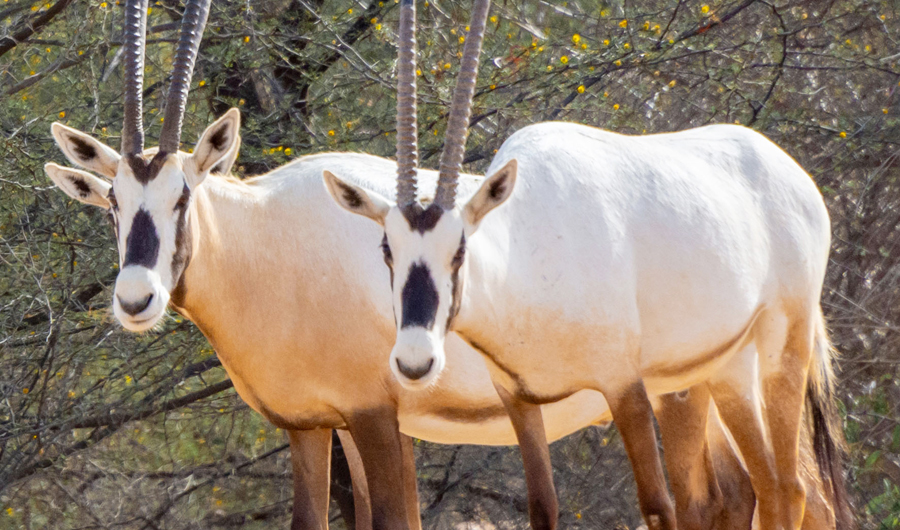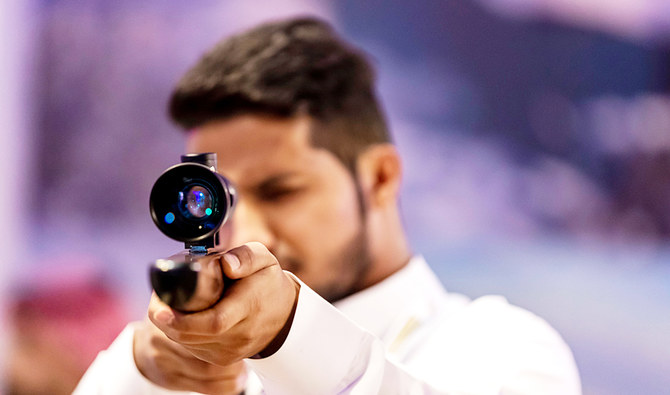JEDDAH: The Saudi Ministry of Environment, Water and Agriculture has begun implementing strict executive regulations to control hunting and logging in the Kingdom in an effort to preserve the country’s wildlife. Illegal loggers and hunters will face heavy penalties for any unauthorized practices.
“In the past decades, the Kingdom has witnessed serious environmental degradation, which has led to the extinction of many living organisms, as well as the deterioration of natural vegetation by 80 percent due to unsustainable practices,” Abdulrahman Al-Soqeer, Saudi academician and environmental consultant, told Arab News.
The fine for unauthorized hunting amounts to SR10,000 ($2,700), while those for hunting and harming living animals range between SR1,500 to SR200,000.
Fines for violators of logging regulations start at SR1,000 and could reach SR20 million, penalties that are subject to be doubled if violations are repeated.
The ministry gave those practicing activities related to the import and sale of firewood and charcoal six months to rectify their situation and obtain the necessary permits.
The new regulations prohibit overfishing and the hunting of wild fungi and endangered species. They also aim to regulate hunting activities and provide hunters outlets to enjoy the sport in a safe and secure environment while preserving a balanced ecosystem.
HIGHLIGHTS
• Fines for violators of logging regulations start at SR1,000 and could reach SR20 million, penalties that are subject to be doubled if violations are repeated.
• The Ministry of Environment, Water and Agriculture gave those practicing activities related to the import and sale of firewood and charcoal six months to rectify their situation and obtain the necessary permits.
• The new regulations prohibit overfishing and the hunting of wild fungi and endangered species. They also aim to regulate hunting activities and provide hunters outlets to enjoy the sport in a safe and secure environment while preserving a balanced ecosystem.
Although belated, these regulations reflect an unprecedented and comprehensive move by the Saudi government to preserve the country’s biodiversity, and Al-Soqeer places high hopes on the decision.
According to the ministry, this step will also provide investment opportunities for the private sector without harming wildlife.
Al-Soqeer highlighted that the Kingdom’s biodiversity is an essential component of national wealth, with a cultural, economic and environmental value; therefore, all countries should do their utmost to preserve it.

“Maintaining the Kingdom’s ecological balance will play a significant role in long-term, sustainable development in the country,” he said.
The ministry has also imposed fines on using prohibited weapons and hunting tools. It is now forbidden to use tools or means that catch more than one animal, including spray guns or fishing nets. It is also unauthorized to use kill animals using gases, car exhaust or by means of drowning.
To obtain a hunting permit, applicants must be above the age of 21 and must have not been proven guilty of committing two or more violations. In addition, two years must pass since the last proven violation.
Some animal species are vulnerable to extinction, which means we must protect them by allowing them to reproduce and preventing them from being hunted during this stage.
Abdulrahman Al-Soqeer, academician and environmental consultant
The ministry will provide hunters with hunting venues and has specified different seasons for hunting activities.
“It is necessary to avoid hunting during reproduction seasons in order to allow animals to survive and produce,” said Al-Soqeer. “Some animal species are vulnerable to extinction, which means we must protect them by allowing them to reproduce and preventing them from being hunted during this stage.”
Displaying and selling hunted creatures without a license is also prohibited, and violators will be fined SR20,000.
The National Center for Wildlife Development supervises programs related to the protection of wildlife and biological diversity in Saudi Arabia and is responsible for the management of protected areas and centers for the breeding and resettlement of endangered animals.
Only 0.5 percent of Saudi Arabia is forested land, according to the UN’s Food and Agriculture Organization, while 95 percent is sandy deserts. Hence, illegal logging constitutes a severe threat to the ecosystem.

Logging, or cutting down trees, is one of the major causes of environmental degradation in the Kingdom, leading to soil deterioration, desertification, exacerbated dust storms and damage to biodiversity, Al-Soqeer explained.
The new logging regulation, which applies to all persons in the Kingdom, aims to regulate the import, transportation, storage and sale of firewood and charcoal.
The ministry has specified penalties, which include imprisonment up to 10 years or a fine of no more than SR30 million for certain violations if committed twice or more within one year.
These violations include cutting trees and shrubs from protected reserves; uprooting, moving, or stripping them of bark or leaves or any other part; moving their soil; and bulldozing or trading in them without a license.
The National Center for Development of the Vegetation Cover and Combating Desertification will supervise these practices and approve the rules and regulations related to issuing and renewing licenses and permits.
Al-Soqeer noted a growing environmental awareness in Saudi Arabia, which is essential to preserve the country’s wildlife.
“However, protecting the environment and preserving natural resources sometimes require more stringent enforcement of laws and regulations.
“The government and the charitable sector represented by environmental associations are working side by side to sustain environmental progress in the Kingdom. The private sector is still not supportive enough, though,” he said, adding that the aimed transformation would not be complete without the private sector’s participation.
























